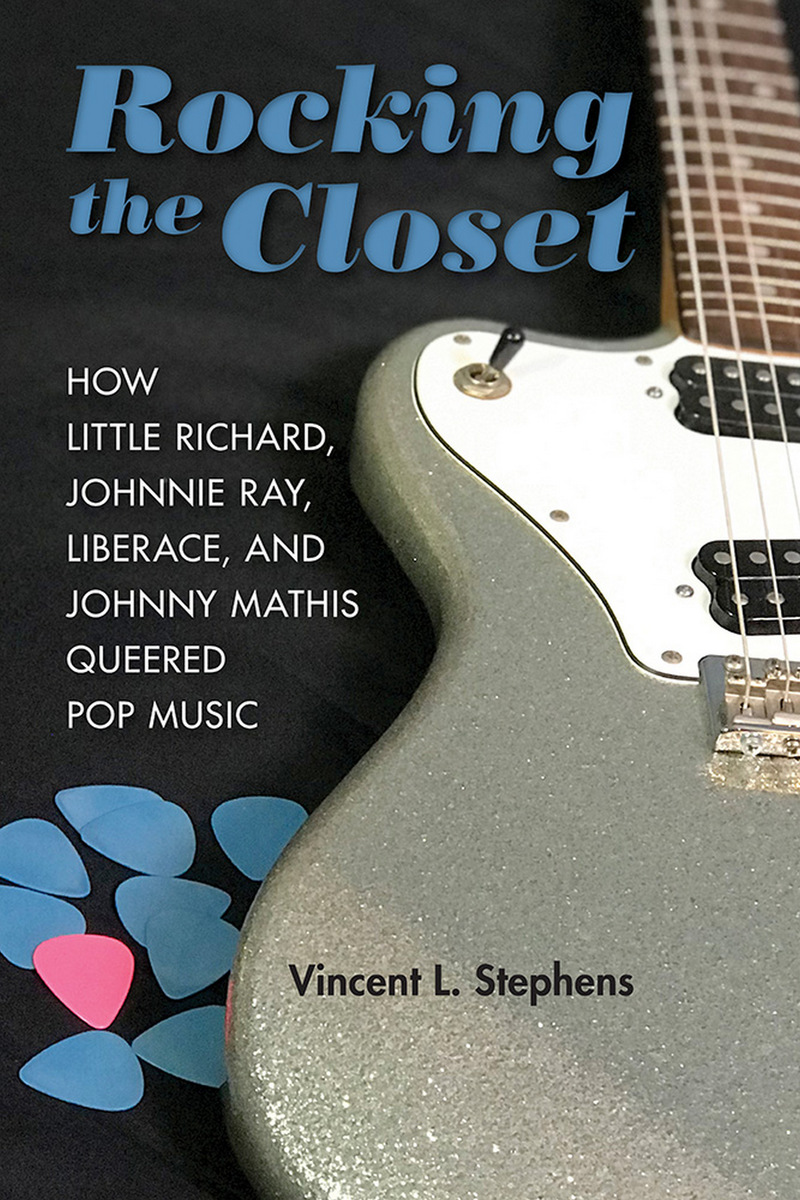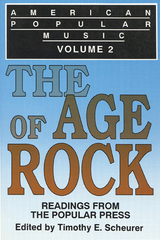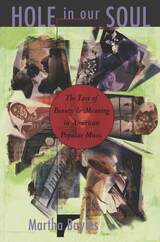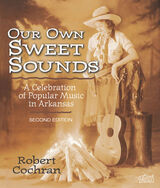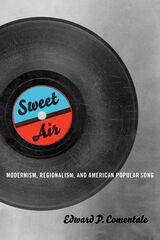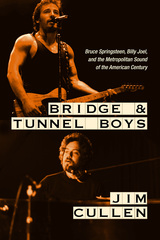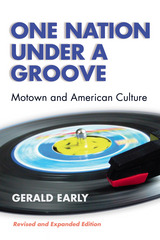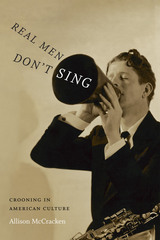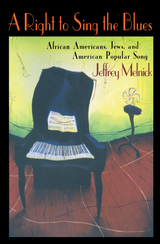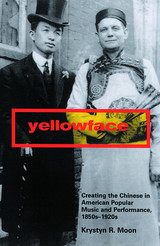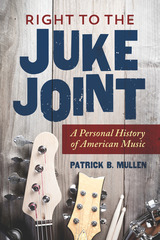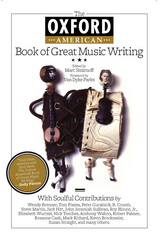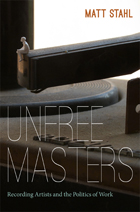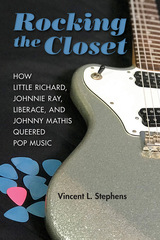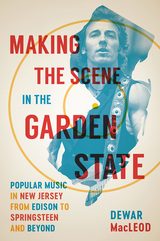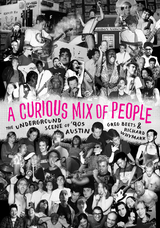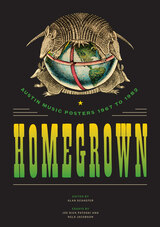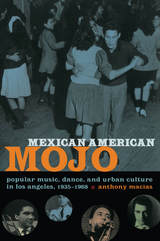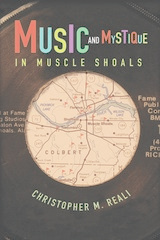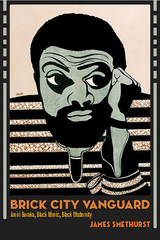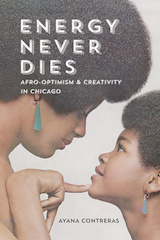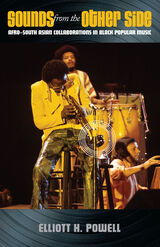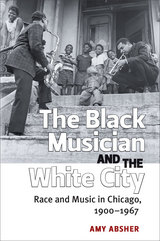Rocking the Closet: How Little Richard, Johnnie Ray, Liberace, and Johnny Mathis Queered Pop Music
University of Illinois Press, 2019
Paper: 978-0-252-08463-8 | Cloth: 978-0-252-04280-5 | eISBN: 978-0-252-05166-1
Library of Congress Classification ML3477.S75 2019
Dewey Decimal Classification 781.64086640973
Paper: 978-0-252-08463-8 | Cloth: 978-0-252-04280-5 | eISBN: 978-0-252-05166-1
Library of Congress Classification ML3477.S75 2019
Dewey Decimal Classification 781.64086640973
ABOUT THIS BOOK | AUTHOR BIOGRAPHY | REVIEWS | TOC
ABOUT THIS BOOK
The all-embracing, "whaddya got?" nature of rebellion in Fifties America included pop music's unlikely challenge to entrenched notions of masculinity. Within that upheaval, four prominent artists dared to behave in ways that let the public assume—but not see—their queerness. That these artists cultivated ambiguous sexual personas often reflected an understandable fear, but also a struggle to fulfill personal and professional expectations.Vincent L. Stephens confronts notions of the closet—both coming out and staying in—by analyzing the careers of Liberace, Johnny Mathis, Johnnie Ray, and Little Richard. Appealing to audiences hungry for novelty and exoticism, the four pop icons used performance and queering techniques that ran the gamut. Liberace's flamboyance shared a spectrum with Mathis's intimate sensitivity while Ray's overwrought displays as "Mr. Emotion" seemed worlds apart from Little Richard's raise-the-roof joyousness. As Stephens shows, the quartet not only thrived in an era of gray flannel manhood, they pioneered the ways generations of later musicians would consciously adopt sexual mystery as an appealing and proven route to success.
See other books on: 1932- | Closet | Gay musicians | Individual Composer & Musician | Music and race
See other titles from University of Illinois Press
